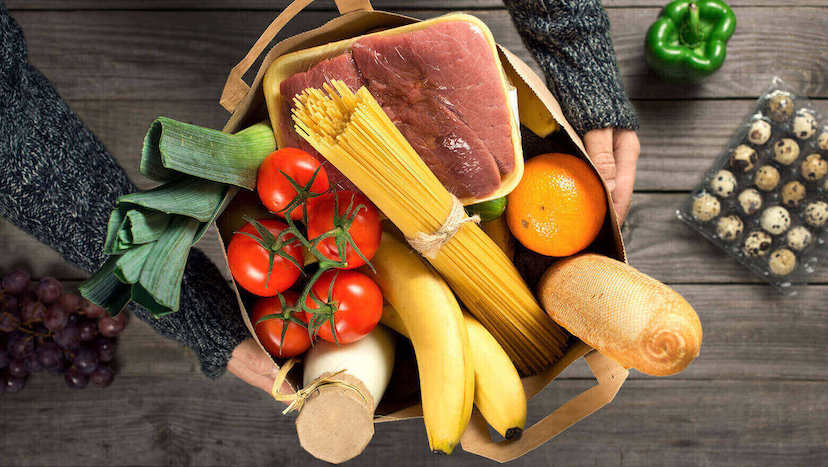Kroger and Instacart Team Up on Express Delivery
Kroger Pushes Deeper Into Grocery Delivery
Supermarket chain Kroger (KR) is pushing deeper into grocery delivery, teaming up with Instacart to deliver food to customers’ homes in 30 minutes. Kroger had tested 30-minute delivery on its own but found it hard to expand using its existing workers. Kroger tapped Instacart to grow, which already has the technology and employees in place to support large-scale delivery.
Demand for grocery delivery surged during the pandemic as consumers sought to avoid public places and shutdowns prevented in-person shopping. While the boom has abated a bit, demand for grocery delivery is still far higher than it was before the pandemic.
Demand for Express Delivery Is on the Rise
Demand for rapid grocery delivery is also increasing. Of Instacart’s customer base, close to 20% are willing to pay extra for their groceries to arrive more quickly. For the Kroger service, Instacart plans to give convenience orders priority, leaving the less urgent ones for later. Kroger will charge a $2.99 delivery fee for express delivery and set a $10 minimum. Its existing express delivery service charges $3.99 for orders of $35 or more.
Pulling off express delivery may be easier said than done in suburbs and rural areas of the country because the distance between consumers’ homes and grocery stores is farther in these areas than in cities. This results in higher transportation and labor costs as well as slower delivery times. Heavy items such as bottled water also increase costs and slow down delivery times. As a result, express delivery will likely remain for convenience items, not large orders or bulky items.
Rivals Spread the Business
Other grocery store operators are also looking for ways to get a piece of the delivery market. But most other grocery stores are joining forces with multiple delivery partners to avoid being dependent on just one. Albertsons (ACI) works with DoorDash (DASH), Uber’s (UBER) UberEats, and Instacart. Meanwhile Walmart (WMT) has arrangements with DoorDash and Instacart in addition to its own service. Some of Kroger’s rivals are even rethinking their deals with Instacart because of the commission it charges, which makes it hard for the delivery services to be profitable.
Grocery delivery will likely be here to stay even when the pandemic subsides. It will be interesting to see how supermarkets and delivery companies jockey for market share.
Please understand that this information provided is general in nature and shouldn’t be construed as a recommendation or solicitation of any products offered by SoFi’s affiliates and subsidiaries. In addition, this information is by no means meant to provide investment or financial advice, nor is it intended to serve as the basis for any investment decision or recommendation to buy or sell any asset. Keep in mind that investing involves risk, and past performance of an asset never guarantees future results or returns. It’s important for investors to consider their specific financial needs, goals, and risk profile before making an investment decision.
The information and analysis provided through hyperlinks to third party websites, while believed to be accurate, cannot be guaranteed by SoFi. These links are provided for informational purposes and should not be viewed as an endorsement. No brands or products mentioned are affiliated with SoFi, nor do they endorse or sponsor this content.
Communication of SoFi Wealth LLC an SEC Registered Investment Adviser
SoFi isn’t recommending and is not affiliated with the brands or companies displayed. Brands displayed neither endorse or sponsor this article. Third party trademarks and service marks referenced are property of their respective owners.
SOSS21091501



